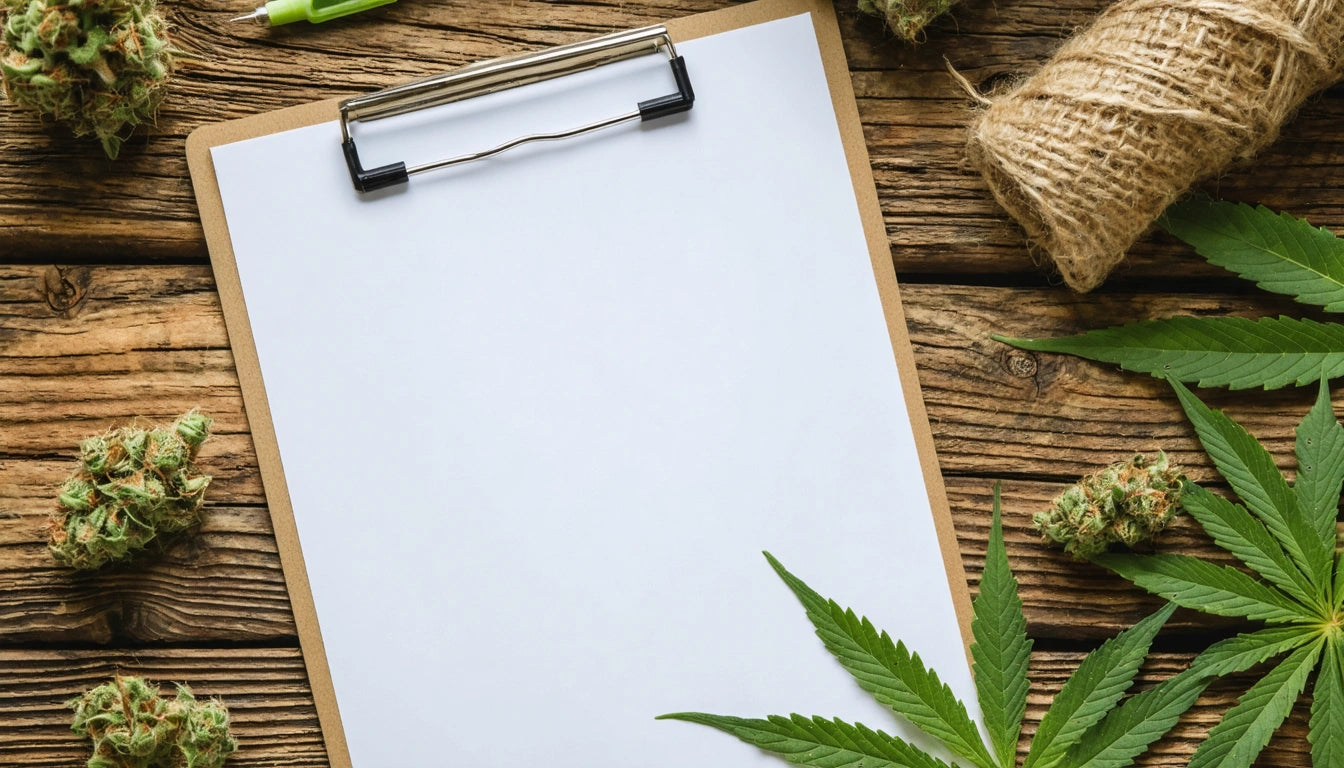Table of Contents
How to Obtain a Medical Marijuana License: A Guide for Patients and Providers
Navigating the process of obtaining a medical marijuana license can seem daunting at first. With varying regulations across states and evolving legislation, understanding how to get medical cannabis legally requires careful attention to detail. This comprehensive guide breaks down the essential steps for both patients seeking relief and providers looking to certify patients.
Understanding Medical Marijuana Licenses
A medical marijuana license, often called a medical marijuana card or recommendation, provides legal protection for patients to purchase, possess, and sometimes cultivate cannabis for medicinal purposes. Unlike recreational cannabis, medical marijuana programs typically offer:
- Tax benefits and cost savings
- Higher possession limits
- Access to higher-potency products
- Legal protection in states without recreational programs
The terminology varies by state, with some referring to "medical marijuana cards" while others use terms like "medical cannabis recommendation" or "certification." Understanding how to obtain a medical marijuana card in various states is crucial as requirements differ significantly.
Eligibility Requirements for Medical Marijuana
To qualify for medical marijuana, patients must typically have a diagnosed condition that appears on their state's list of qualifying conditions. Common qualifying conditions include:
Common Qualifying Medical Conditions
- Chronic pain
- Cancer
- Epilepsy and seizure disorders
- Multiple sclerosis
- PTSD
- Glaucoma
- HIV/AIDS
- Crohn's disease and inflammatory bowel conditions
Each state maintains its own list of qualifying conditions and requirements for medical marijuana. For example, those wondering how to get medical marijuanas in Alabama should know that the state has a relatively restrictive list compared to states like Oklahoma, which has more expansive qualifying conditions.
The Application Process for Medical Cannabis
The general process for obtaining a medical marijuana license follows these steps:
1. Consultation with a Qualified Healthcare Provider
The first step is consulting with a healthcare provider who can certify your qualifying condition. This could be your primary care physician or a specialist in medical cannabis. Many patients wonder how to become a medical marijuana patient, and it starts with finding a doctor willing to provide a recommendation.
2. Submit Application to State Program
After receiving a physician's recommendation, patients must apply to their state's medical marijuana program. This typically involves:
- Completing an application form
- Providing proof of residency (driver's license, utility bill, etc.)
- Submitting the physician's certification
- Paying an application fee (typically $50-$200)
- Providing a photo for the ID card
For those wondering where to get medical weed license, the application is usually submitted through your state's health department or cannabis commission website. Some states offer specific guidance for obtaining a medical marijuana card, such as Maryland's comprehensive online portal.
3. Receive Your Medical Marijuana Card
Processing times vary by state, ranging from same-day approval to several weeks. Once approved, you'll receive a physical card or digital certification that allows you to purchase from licensed dispensaries.
For those asking how do I get medical cannabis quickly, some states offer temporary approval while your application is being processed. Additionally, when measuring and tracking your medicine, many patients find that reliable digital scales help maintain consistent dosing for their medical cannabis regimen.
State-Specific Guidelines and Regulations
Understanding state-specific regulations is essential when determining how to get medical pot legally. Here are some notable variations:
Alabama
For those wondering how to get medical marijuanas in Alabama online, the state requires an in-person visit first, followed by potential telemedicine renewals. Alabama has a relatively new program with strict qualifying conditions.
Oklahoma
Oklahoma has one of the most accessible programs. Patients interested in how to grow medical weed in Oklahoma should know that the state allows licensed patients to grow up to six mature plants and six seedlings.
Utah
Those asking how to get medical marijuanas in Utah should be aware that the state requires patients to meet with a qualified medical provider who is registered with the state's medical cannabis program.
Regardless of state, patients must follow specific protocols to obtain a medical cannabis prescription or recommendation legally.
Provider Requirements for Medical Marijuana Certification
Healthcare providers interested in how to become a medical weed doctor must typically:
- Hold an active medical license (MD, DO, NP, or PA in most states)
- Register with the state's medical marijuana program
- Complete required cannabis medicine education
- Maintain proper documentation of patient evaluations
The specific requirements vary by state, with some requiring additional certification or training in cannabis medicine. Providers should consult their state medical board and understand the proper procedures for providing medical marijuana recommendations.
Practical Considerations After Obtaining Your License
Once you've successfully navigated how to buy medical marijuana, there are several practical considerations:
Dispensary Selection
Research dispensaries in your area that specialize in medical cannabis. Many offer first-time patient discounts and education.
Product Selection
Work with your healthcare provider and dispensary staff to identify appropriate products and dosages for your condition.
Legal Protections and Limitations
Understand that your medical marijuana card only provides protection within your state. Federal prohibition still exists, meaning you cannot:
- Cross state lines with cannabis
- Use in federally subsidized housing
- Use on federal lands
- Operate vehicles under the influence
For those asking where can I get medical marijuanas legally outside my state, the answer depends on reciprocity agreements. Some states honor out-of-state medical cards, while others do not.
By understanding these requirements and processes, patients can successfully navigate how to obtain a medical marijuana license that provides legal access to cannabis for therapeutic purposes. As regulations continue to evolve, staying informed about your state's specific requirements remains essential for maintaining compliant access to medical cannabis.











Leave a comment
All comments are moderated before being published.
This site is protected by hCaptcha and the hCaptcha Privacy Policy and Terms of Service apply.